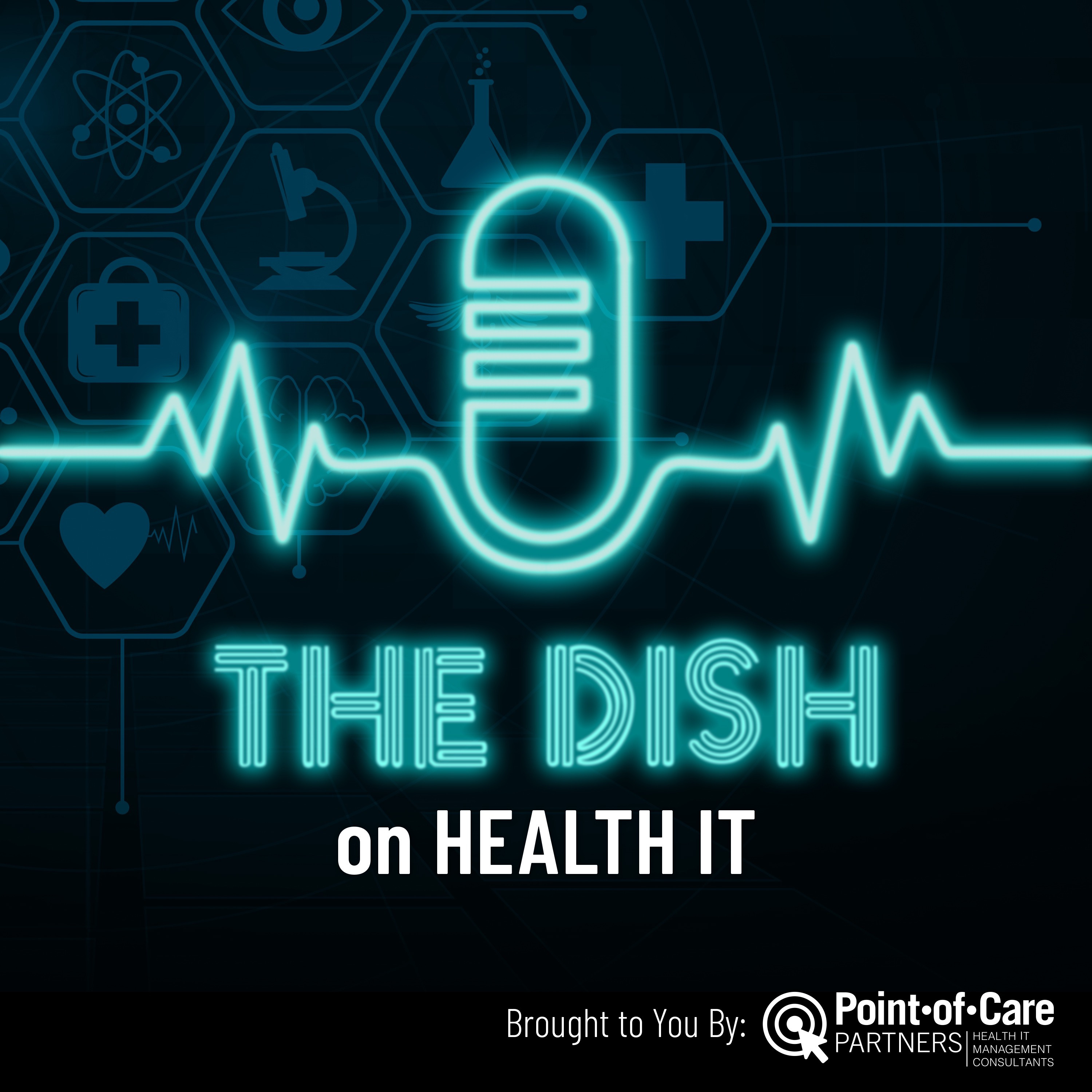CodeX Advances Clinical Specialty Terminology Data Standards Development and Adoption
In this episode of The Dish on Health IT, hosts Pooja Babbrah and Jocelyn Keegan both leads at Point-of-Care Partners welcome Dr. Su Chen, program manager and clinical director of CodeX, and Michelle Galioto, deputy program manager of CodeX, to discuss the mission and scope of the CodeX community. CodeX is an HL7 FHIR Accelerator that advances clinical specialty terminology data standards to improve healthcare outcomes. Dr. Su Chen provided an overview of the CodeX community, highlighting that CodeX is a not-for-profit, member-driven community that aims to advance clinical specialty terminology data standards. CodeX began its work focused on cancer but has since expanded to genomics and cardiology. The idea behind CodeX is that if we can capture the right level of granular clinical data to support complex disease states, we can treat the patient in a more informed way as well as use the data to better understand what is working. Dr. Su Chen and Michele Galioto both have a clinical background which is somewhat uncommon for guests of this podcast. Both guests shared that their clinical experience and the understanding of the negative impact not having the right data at the point of care can have drove them both to get involved on the health IT standards and technology side of things. The perspective is that if clinical data can be collected and disseminated, real change and positive outcomes can be influenced. CodeX member population span across, provider organization, specialty societies, patient advocacy, regulators, life sciences, etc. They all came together to make strides in data collection and fluidity. The CodeX community brings together all these different perspectives, to really understand real-world pain points, requirements and what needs to be done to move the needle and really impact patient outcomes in a positive way. While CodeX is focused on standards development, it’s more than that because we must pull it through to adoption. Host, Jocelyn Keegan, weighed in to echo the idea of FHIR Accelerator members generally, not just CodeX, coming together to make sure the real-world problems are accurately represented and that solutions are pulled through in testing and pilots before being adopted out in the wild is really what makes the FHIR Accelerators so special and that she sees the same passion being brought to bear in the HL7 Da Vinci Accelerator, even though it has a different focus. Dr. Su Chen recapped some of CodeX success stories sharing has had growing real-world traction and adoption in the last six to nine months and has started to have outcomes of real success in its pilots and use cases. She shared that CodeX has approximately ten use cases that span patient care, patient care coordination, public health research, payer processes, and more. Some of CodeX's more mature work can now be found live at real-world clinical care sites and the data being gathered is being leveraged in trials. There is also a trial matching pilot that is attempting to improve enrollment for clinical trials using standards to expand the pool of possible trial candidates outside of the trial site or the close network of physicians related to the trial. This expansion of the trial recruitment p

